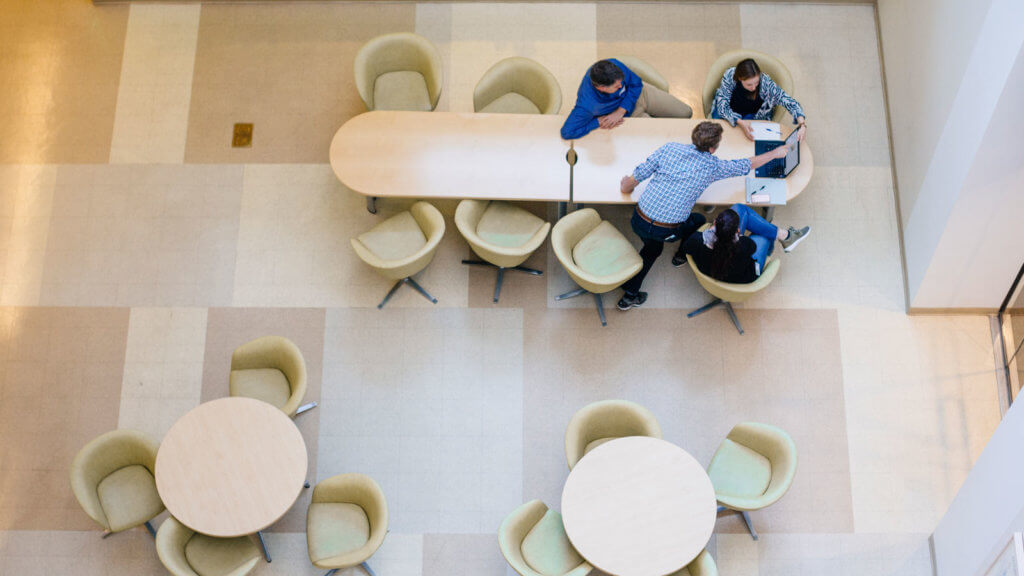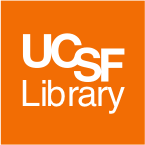FEBRUARY 2019 UPDATE:
The University of California and Elsevier have agreed to continue good-faith discussions for the time being. For now, access is expected to continue. Should we learn of any changes to access at UC, we will notify our community.
JANUARY 2019 UPDATE:
On December 21, 2018, the University of California (UC) and Elsevier agreed to extend the UC’s access to Elsevier journals through January 31, 2019, in a good-faith effort to conclude negotiations by this time.
Access to Elsevier journals will continue for the UC community which means you will see no change in your access to Elsevier journal articles in January.
As the negotiations continue we will keep you posted on any updates and what to expect in February.
Accessing Elsevier Articles
- As part of both parties’ good-faith efforts, in January UC and Elsevier have agreed that access will be extended to the University of California during this time.
- No matter what happens moving forward, UC scholars will still be able to use ScienceDirect to access most articles published prior to January 1, 2019, because UC has permanent access rights to them. (Please see the Alternative Access to Articles page for a list of titles to which UC does not have permanent access rights and information on how to access items UC does not subscribe to.)
- If access is disrupted at any point beyond January 31, the UC Libraries will still work with researchers to get them the articles they need through other means, such as interlibrary loan.
UCSF: WATCH the TOWN HALL LIVE, December 10, from 11 am – 1 pm >
A Letter from the UCSF Library and UCSF Academic Senate:
The University of California (UC) is currently in negotiations to renew its systemwide journal contract with Elsevier. Elsevier publishes the highest number of peer-reviewed journals worldwide and is the largest publisher of UC-authored journal articles. The negotiations could potentially impact the way you access new articles published by Elsevier journals (including Cell Press journals, The Lancet, and society-owned journals such as AJOG, Brain and Cognition, and The Journal of Urology) as early as January 1, 2019. Attend the upcoming UCSF Town Hall in person or online on December 10 to learn more about these changes.
Why is the UC negotiating with Elsevier?
As the current contract with Elsevier comes to an end, the UC is working to hold down the rapidly escalating costs associated with scholarly publishing and to align our journal contracts with the UC’s goals of disseminating its scholarship more openly.
Notably, the UC is currently pursuing a new, transformative agreement with Elsevier that would make it easier and more affordable for UC authors to publish open access. Given that Elsevier is the UC’s most expensive journals contract, and that the UC accounts for nearly 10 percent of all US publishing output — the most of any public educational institution in the country — a successful open access agreement will have a significant impact.
The UC is seeking a single, integrated contract that would cover both subscription charges for all content for which we currently have access, as well as open access publishing fees, making open access the default for any article with a UC corresponding author.
The UC is also seeking a fairer and more stable price structure. Journal publishers such as Elsevier charge more for subscriptions every year, and the UC spends a quarter of its journals budget on Elsevier journals alone. On top of this, Elsevier also collects open access fees without offsetting those costs against our subscription payments. In effect, we are paying for some of the same content twice.
What will happen if the UC’s negotiation with Elsevier is successful?
If the negotiations are successful, UC scholars will continue to have access to Elsevier content through its ScienceDirect platform. In addition, UC faculty may continue to publish in and support any journal of their choice regardless of the outcomes of these negotiations. If successful, UC corresponding authors will have the option to make their articles open access by default or they can opt-out and publish their work as subscription access only. The libraries will negotiate a lower price to publish open access and then also pay a portion of the open access fees. Authors with grant or other research funding would be asked to contribute to the new, lower article processing charges (APCs), as they do now. If authors don’t have funding, the university will cover the entire APC. Author workflows would be similar to what they are now, without any added burden.
What happens if the UC is unable to reach an agreement with Elsevier before the current contract ends on December 31, 2018?
If UC does not reach an agreement with Elsevier, Elsevier may turn off access to articles published on or after January 1, 2019, as well as to a small number of journals for which UC does not have perpetual access rights. The Library will provide alternate access to these articles.
UC will continue to have access on ScienceDirect to articles published before January 2019 in all Elsevier journals for which the Library has a pre-existing subscription with perpetual access rights. This content represents about 86% of the journal titles UC has access to in 2018, and the titles in this category are the most heavily used.
For new articles and for the subset of journals for which we lack perpetual rights, the UC libraries will provide alternative means of access at no cost to UC readers as they do for any other content that we don’t currently license. The UC Libraries have established an alternative access task force to ensure that researchers can obtain whatever Elsevier content they need via alternative means such as free or open access versions of articles, interlibrary loan, and other legitimate forms of document delivery as quickly as possible.
UC’s Call to Action
Making the research produced at the University of California open to the world has long been an important goal at the University of California. Over the past year, several UC-wide groups representing multiple stakeholders partnered to document the imperatives to both address journal affordability and to realize a truly open scholarly communication system. Read about the University of California’s Systemwide Library and Scholarly Information Advisory Committee (SLASIAC)’s Negotiating Journal Agreements at UC: A Call to Action. This document was completed in partnership with the UC Libraries and the systemwide Academic Senate’s University Committee on Library and Scholarly Communication (UCOLASC)’s Declaration of Rights and Principles to Transform Scholarly Communication.
UCSF has also long been a trailblazer in the open access (OA) movement by actively promoting new OA publishing models, providing funds for authors to publish in OA journals, and passing the first OA policy in the UC system, led by the UCSF Academic Senate in 2012. This was the catalyst that set the tone for the passing of the UC OA Policy for faculty in 2013, and for staff in 2015, which allow all UC authors to retain rights to their work and freely share final versions of their articles. In 2017 UCSF faculty, administration, and Library leaders took a major step towards the goal of making all scholarly literature freely available to everyone by endorsing an international open access (OA) initiative called OA2020. The open access approach to the Elsevier negotiations aligns with UCSF’s support and leadership in making research and scholarship accessible to all.
Upcoming Town Hall
The UCSF Library and the UCSF Academic Senate will be holding a Town Hall about this journal negotiation. This is an opportunity to learn more about the negotiations, voice your opinions, and ask any questions. To attend in person or online on December 10, from 11 am – 1 pm at Mission Bay, click here.
Also, if your department is interested in arranging a meeting please send a request.
For any further questions please contact:
Chris Shaffer, MS, AHIP
chris.shaffer@ucsf.edu
University Librarian
Assistant Vice Chancellor, Academic Information Management
Adjunct Professor, Department of Medicine, School of Medicine
Diana Laird, PhD
diana.laird@ucsf.edu
Associate Professor, Department of Obstetrics Gynecology & Reproductive Sciences
(UCSF COLASC Chair)
Marta Margeta, MD, PhD
marta.margeta@ucsf.edu
Associate Director, Undergraduate Pathology Education
Medical Director, Neuromuscular Pathology Laboratory
Associate Professor, Department of Pathology
(UCOLASC Representative)
Rich Schneider, PhD
rich.schneider@ucsf.edu
Associate Professor
Department of Orthopaedic Surgery
Department of Cell & Tissue Biology
Department of Orofacial Sciences
(UCOLASC Chair)

